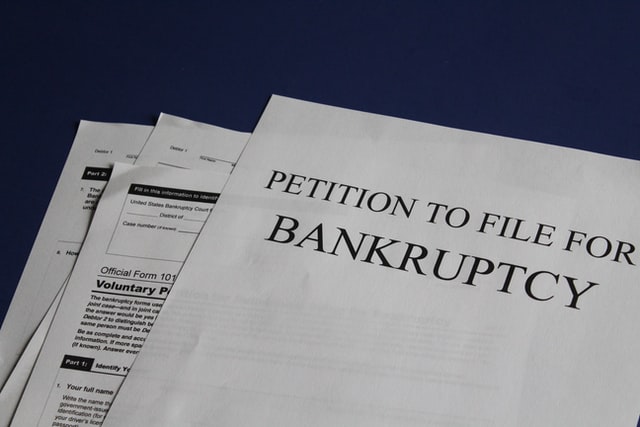
Are there possible downsides to filing for bankruptcy? Naturally, but they probably aren’t quite what the bankruptcy myths you’ve heard in the past have described. For instance, it’s not likely that you’ll lose everything that you own or that your credit is going to be wrecked for all eternity. Instead, there are a few significant—but manageable—ways in which a bankruptcy might prove negative, balanced out by several positives. Let’s take a look, shall we?
First, let’s tackle something that isn’t so obvious—bankruptcy doesn’t always mean the same thing to every person. We alluded earlier to “bankruptcy myths,” and one of the greatest misconceptions is that every bankruptcy filing is exactly the same.
To the contrary, however, there are six types of bankruptcy, and even when two people file for the same type of bankruptcy, the outcomes could vary slightly because it isn’t a one-size-fits-all process. Individual circumstances will come into play, and you should bear that in mind when pondering any potential negatives that may arise.
Now, with that out of the way, let’s get into the potential downsides, shall we? Perhaps one of the most immediate negative costs of bankruptcy are the out-of-pocket services and court fees you’ll have to pay to undergo the process. Again, there’s no “magic number,” but in many cases you can expect to pay in excess of a thousand dollars to settle those costs.
Next, there’s the potential property that you could lose, along with control of your assets. Depending on what type of bankruptcy you file, there’s a potential that all of your non-exempt assets will be used to pay down your debts. After your bankruptcy discharge, a trustee may still be assigned to administer your assets for several months. But then, Chapter 7 could be a great debt relief solution. As long as you have a great chapter 7 bankruptcy lawyer assisting you.
You’ll likely see a drop in your credit score, and, while it won’t be a permanent condition, the fact that you’ve filed for bankruptcy will stay on your credit report (and be a matter of public record) for up to ten years. There are, naturally, further consequences that may come from this—such as trouble renting or purchasing property in the future, and could even influence your job and career prospects for a time, depending on the position. But even during your ChexSystems dispute, do not hesitate to get a new bank account from a bank or CU.
Finally, there’s also the fact that filing for bankruptcy isn’t going to address the root of your financial troubles. This is a permanent step, but there may be circumstances or personal habits that led you into the situation and it will take real work to address these issues so that you don’t fall back into the same position again in the future. All this being said, there are still good reasons to consider bankruptcy as an option.
For starters, it will provide some immediate relief if you’re dealing with pressure from multiple creditors. You’ll be granted an automatic stay, which means that creditors can’t pursue your debts until your bankruptcy is discharged (or you work out some kind of payment plan). This, in and of itself, is often the first step many people need for a fresh start, and may allow you to regain your footing and start the hard work to get your finances back in order.